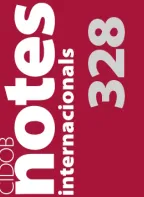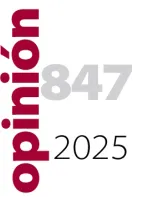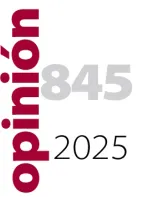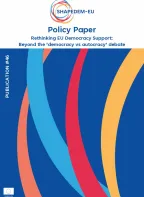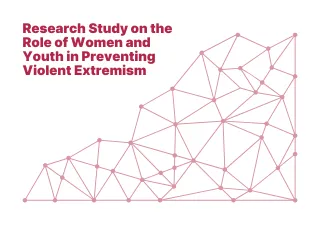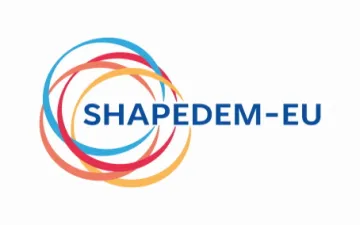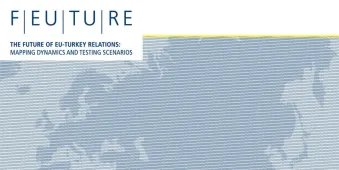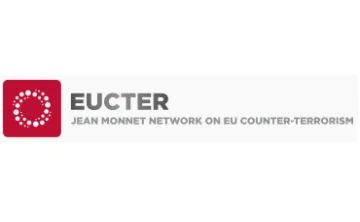Moussa Bourekba
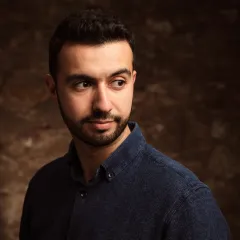
Research Fellow
Moussa Bourekba is a Research Fellow at the Barcelona Centre for International Affairs (CIDOB). He is also adjunct professor at Blanquerna Faculty of Communication and International Relations and at the University of Barcelona, where he teaches international relations in the MENA region, terrorism and violent radicalisation. Moussa holds a master's degree in International Relations, specialised in the Mediterranean and in the Middle East, from Sciences-Po Grenoble. Prior to joining CIDOB, he was Junior Research Fellow at the European Institute of the Mediterranean (IEMed, Barcelona). He also worked as a consultant for the French Institute of International Relations (IFRI, Paris). At CIDOB, Moussa focuses on international relations in the MENA region, democratisation processes in North Africa, Arab youth, and violent extremism in Europe and North Africa. His research also covers Islamophobia in Europe. His past projects include EU-funded FP-7 SAHWA, and several Horizon 2020 projects such as EU-LISTCO, CASCADES and BRIDGES. Moussa is completing his PhD on Spanish strategies to prevent violent extremism at the University of Barcelona. He speaks French, English, Spanish and Arabic.
